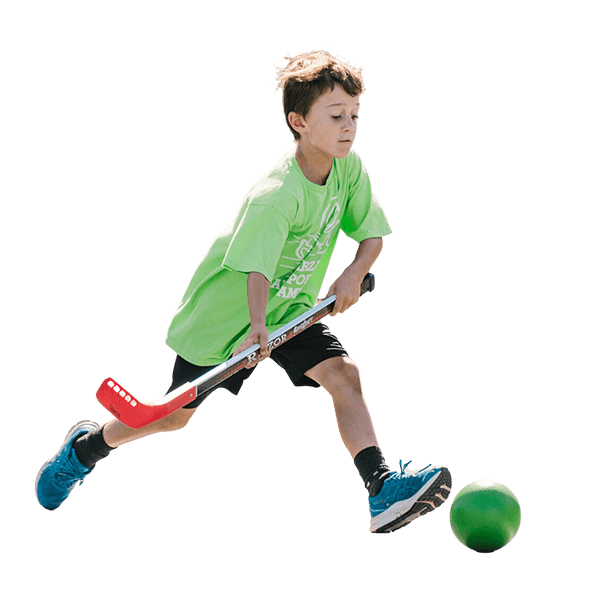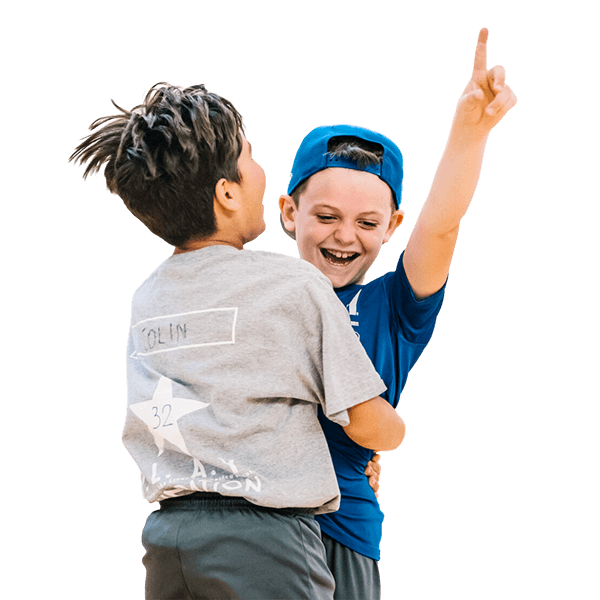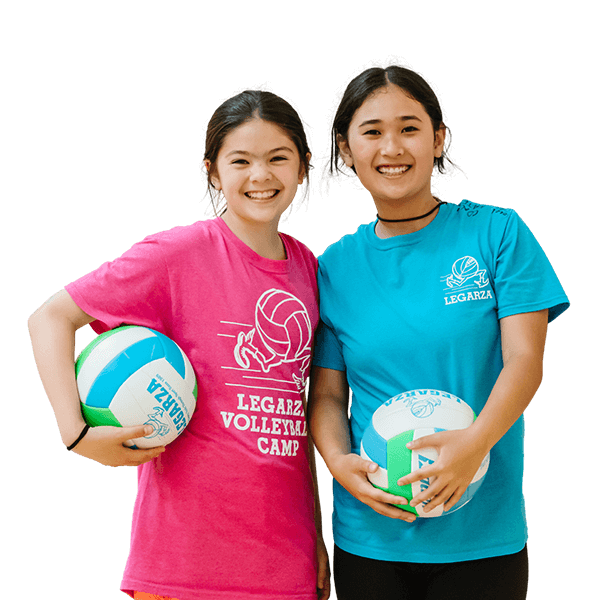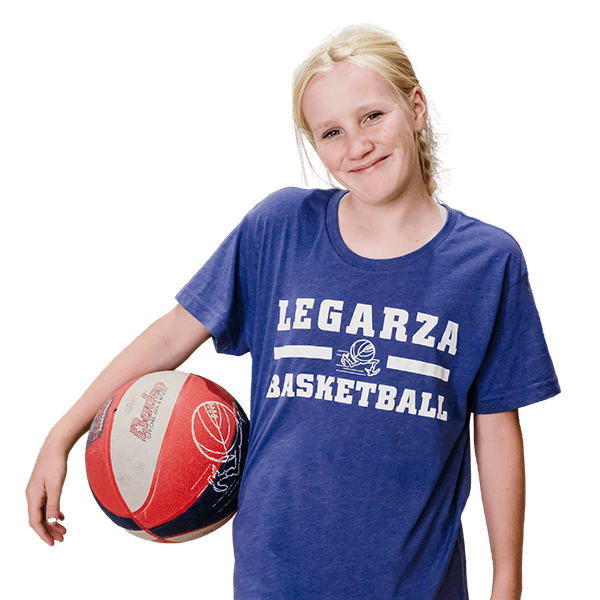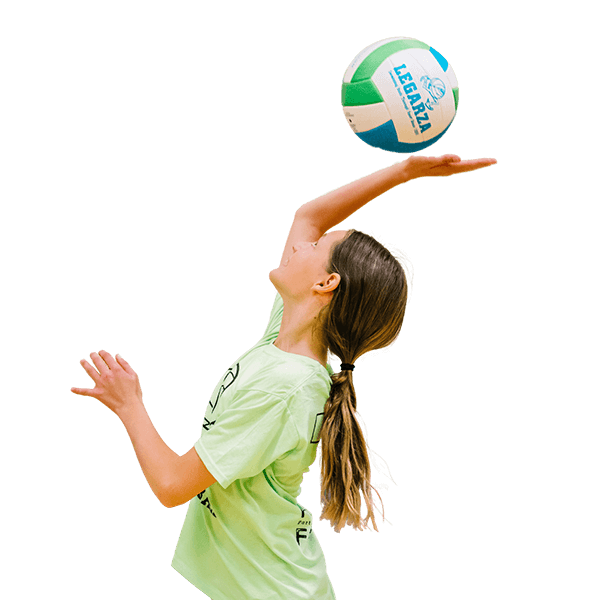DEVELOPING WINNERS FOR LIFE THE BEST APPROACH TO HELP YOUR CHILD BE SUCCESSFUL
In professional sports (which is entertainment), there is only one goal-to have the most points at the end of a contest. The upcoming Super Bowl is a prime example. In the NFL there is one winner and 31 losers, not very good odds. This is what we call the #1 or No One myth. This belief is based on the premise that there is no real success in life unless you beat everyone else. A mindset of this type creates tension and pressure. Without us being aware, fear of failure becomes the primary motivator, and has a negative effect on our thoughts, feelings, and actions. In youth sports which is education, there is a SECOND GOAL: to produce young people who will be WINNERS IN LIFE. To help our children get the most out of competitive sports, we need to redefine what it means to be a “winner.” Winners are people who:
- Make maximum effort.
- Continue to learn and improve
- Refuse to let mistakes (or fear of making mistakes) stop them.
This is the Legarza Method, which sports psychologist call Mastery Orientation. One of the organizations that Legarza helped develop is Positive Coaching Alliance who calls our method the Tree of Mastery or ELM Tree where ELM stands for Effort, Learning, and rebounding from Mistakes. If our children keep these things in mind, they will develop habits that will serve them well throughout their lives. There is an added benefit. Children who are coached with a Mastery Orientation tend to have reduced anxiety and increased self-confidence. When children feel less anxiety, they are more likely to have fun, perform at higher levels, and most importantly feel good about themselves. Every parent wants their children to be successful, and the approach you take with your children can really make a difference. A key component to children learning and improving is connecting the right approach with the right age group.
Stages of Talent Development
Romantic Stage Grades K-2: This is fun! Technical Stage Grades 3-5: Learning how to do it right. Competitive Stage Grades 6-8: Desire to improve and perform at a high level. Thoughtful guidance and teaching can only occur if parents and coaches know the emotional and social developmental stages of children. The emotional characteristics of children ages 5-8 are that they need praise, warmth and patience. They’re dependent on adult approval, have shorter attention spans and want to feel loved as well as have fun! As children mature, they get to a point where competition is vital to development. What we must understand is that success and talent are not something you’re born with, but something that is developed over time. Unfortunately, nearly 70% of children that play sports drop out by age 12. The most common cause is that they were pushed into the competitive stage too quickly. The ultimate key to your children’s success is the desire to continue doing an activity.
Research has shown:
- Talent is not obvious at an early age (ALL kids have great potential).
- The most productive people are not afraid to make mistakes, and they do.
- Support and encouragement makes a difference.
Scoreboard Approach (#1 or No One):
- Defines winning in terms of results (If I have more points I am a winner, if not I am a loser)
- Comparing ourself with others (Mistakes are not okay)
- Causes fear of competition, anxiety and low confidence
Legarza/Mastery Approach:
Focuses attention on 3 things
- Effort/Attitude
- Learning
- Mistakes are okay
Results when children learn in a Mastery Environment:
- Anxiety goes down
- Self-confidence goes up
- Kids work harder to stick to it longer
The approach we take now will lay a foundation for them becoming WINNERS FOR LIFE
PARENT TOOLS
Here’s how you can help:
- Tell your child that it’s OK to make a mistake.
- Let your child know you appreciate it when they try hard even if unsuccessful.
- Encourage and cheer for effort not outcome. Many times when a person shoots and misses every parent groans. This is an example of looking for the result instead of the effort. If your child shoots and misses, cheer the effort and yell “great shot keep shooting.”
- Ask rather than tell. Try to get your child to talk about their play rather than telling them what you think about it. Ask open-ended questions to get them to talk (e.g., “What was the best part of the game for you?”)
- Recognize that Mastery is hard work. Let the coaches criticize your child’s play.
- Tell your child you are proud of them regardless of the outcome of the game.
Developed by Mike Legarza: Coach, Educator, & Parent
Coach
- California State College Coach of the Year
- California & Bay Area Sports Hall of Fame
- Highest 10 year winning percentage in State of California
Educator
- Wrote Parent & Coaches Education for PCA at Stanford
- Methods taught in all 50 states to over 3 million athletes
- Has worked with over 250,000 children at Legarza Camps
Parent
- Father/Coach of 3 former youth athletes
- All 3 children Division I College Athletes
“I know of no one with more successful experience or better understanding of working with youth sports children and parents than Mike Legarza.”


